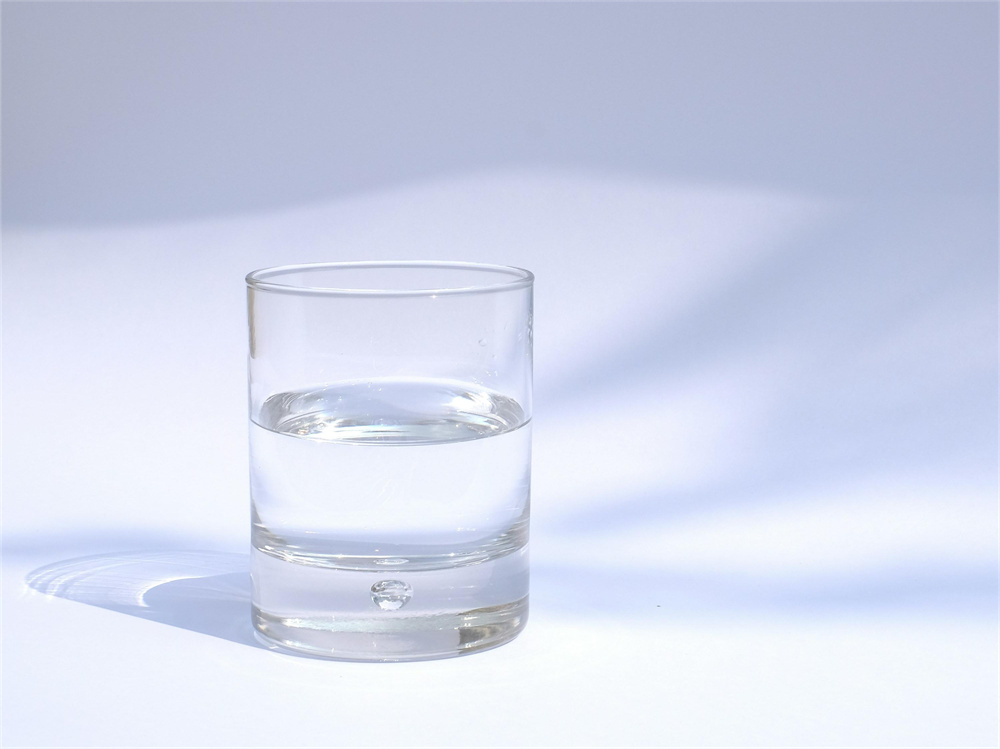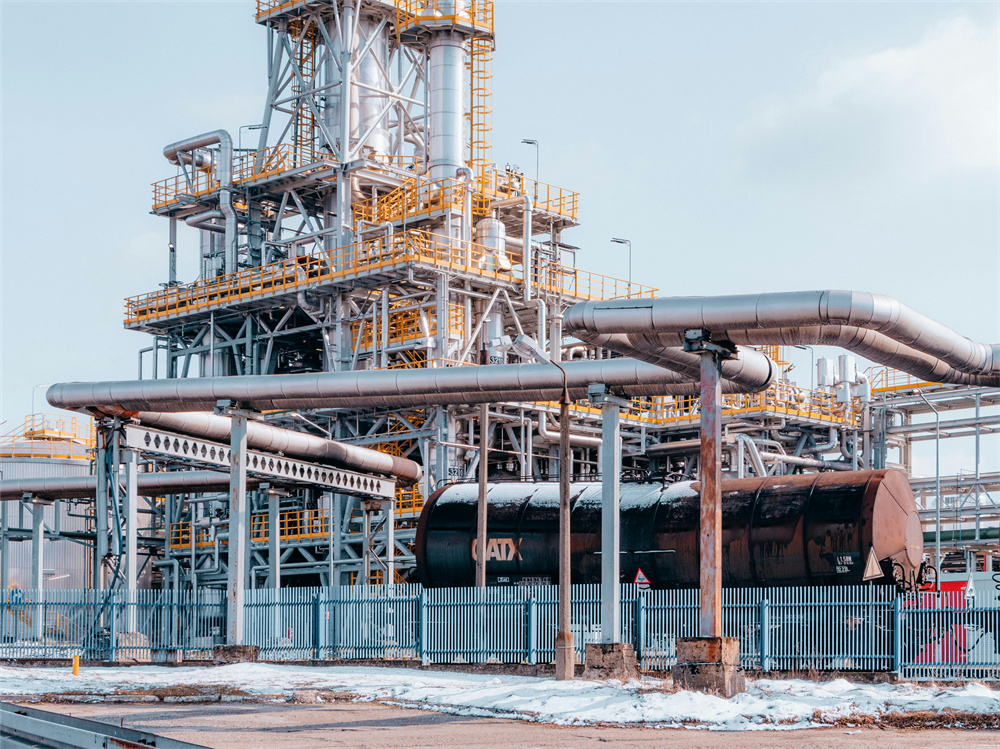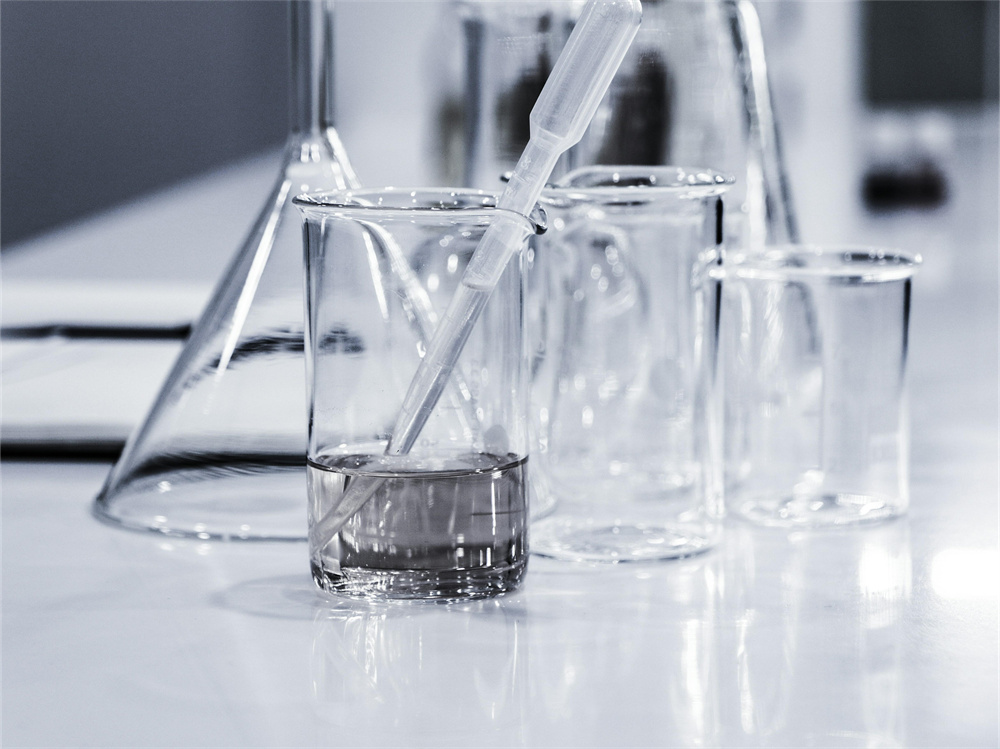Aerobic Bacteria Agent
Our Aerobic Bacteria Agent is a high-efficiency microbial solution widely used in municipal wastewater treatment plants, industrial biochemical systems, and aquaculture applications. With powerful degradation capabilities and strong environmental resilience, this product supports stable, efficient biological treatment processes.
Product Description
This white powder is composed of aerobic bacteria and cocci capable of forming resilient spores (endospores). The product contains more than 20 billion CFU (colony-forming units) per gram of active microbes, designed to perform under various wastewater conditions.

Main Functions
1.Robust Organic Matter Degradation
The spore-forming bacteria in this agent show strong resistance to harmful environmental factors, helping the system resist shock loads and operate stably even during sudden changes in influent concentration.
2.BOD, COD, and TSS Reduction
Effectively removes organic pollutants, enhances sedimentation by improving the solid settling performance, and promotes a higher count and diversity of protozoa within the treatment system.
3.System Start-Up and Recovery
Accelerates activation of new or recovering treatment systems. Increases treatment efficiency, enhances impact resistance, reduces chemical demand (e.g., flocculants), lowers residual sludge generation, and helps save electricity.
Application Fields
Our Aerobic Bacteria Agent is specially formulated for oxygen-rich environments and is widely applicable across a range of industrial and municipal wastewater treatment systems. It is highly effective in treating:
Municipal sewage
Industrial chemical wastewater
Printing and dyeing wastewater
Garbage leachate
Food processing wastewater
...and other sources of organic-rich wastewater requiring biological treatment.
With its powerful biodegradation capability and high resilience, it is trusted in multiple sectors, including:
Water Treatment
Municipal and industrial biological wastewater systems
Textile Industry
Degradation of dye residues and chemicals
Paper Industry
Breakdown of organic pulp and effluent loads
Food-Grade Chemicals
Safe application in food-related wastewater scenarios
Drinking Water Chemicals
Suitable for pre-treatment systems under strict safety standards
Agricultural Chemicals
Enhancing biodegradation in agricultural runoff or livestock wastewater
Oil & Gas Auxiliary Applications
Effective in oily wastewater and chemical-heavy effluent
Other Fields
Customizable for complex wastewater treatment challenges
Recommended Dosage
Industrial Wastewater: Initial dosage 80–150g/m³ (based on biochemical tank volume).
Shock Load Events: Add 30–50g/m³/day additionally when influent fluctuations affect the system.
Municipal Wastewater: Recommended dosage 50–80g/m³.
Optimal Application Conditions
1.pH Range:
Effective within pH 5.5–9.5.
Fastest bacterial growth occurs between pH 6.6–7.8
Practical use shows best processing efficiency at around pH 7.5
2.Temperature:
Active within 8°C–60°C
Below 8°C: Bacteria remain viable but with restricted growth
Above 60°C: Bacteria may die
Optimal temperature for bacterial activity: 26–32°C
3.Dissolved Oxygen (DO):
Minimum DO: 2 mg/L in the aeration tank
Sufficient oxygen significantly accelerates microbial metabolism, potentially boosting degradation speed by 5–7 times
4.Trace Elements:
The microbial community requires elements such as potassium, iron, sulfur, magnesium, etc.
These are typically available in soil and water, and do not require special supplementation
5.Salinity Tolerance:
Applicable to both freshwater and saltwater
Tolerates salinity up to 6%
6.Chemical Resistance:
Highly resistant to toxic compounds including chloride, cyanide, and heavy metals
Packaging & Storage
Packaging: 25kg plastic woven bag with inner lining
Storage Requirements:
Store in a dry, cool, and ventilated environment below 35°C
Keep away from fire, heat sources, oxidants, acids, and alkalis
Avoid mixed storage with reactive substances
Important Notice
Product performance may vary depending on influent composition, operational conditions, and system configuration.
If bactericides or disinfectants are present in the treatment area, they may inhibit microbial activity. It is recommended to evaluate and, if necessary, neutralize their impact before applying the bacteria agent.











